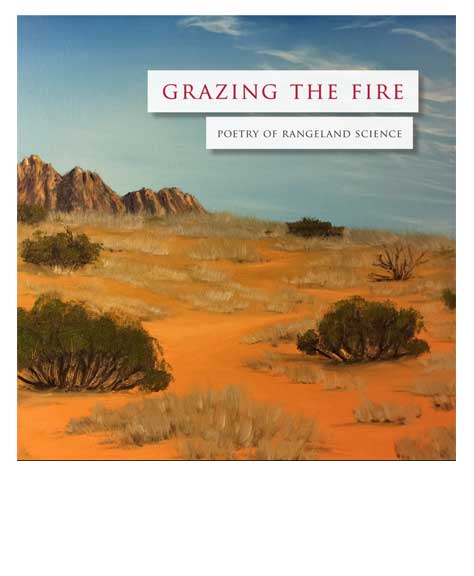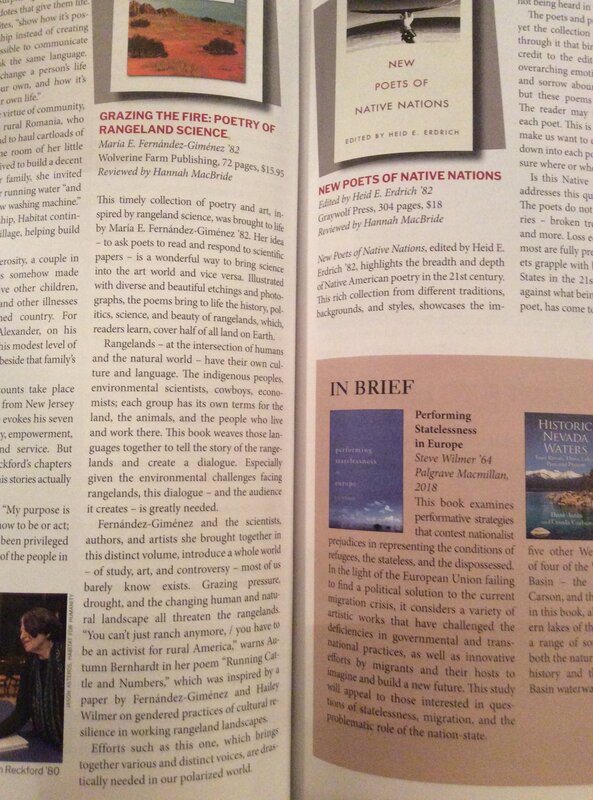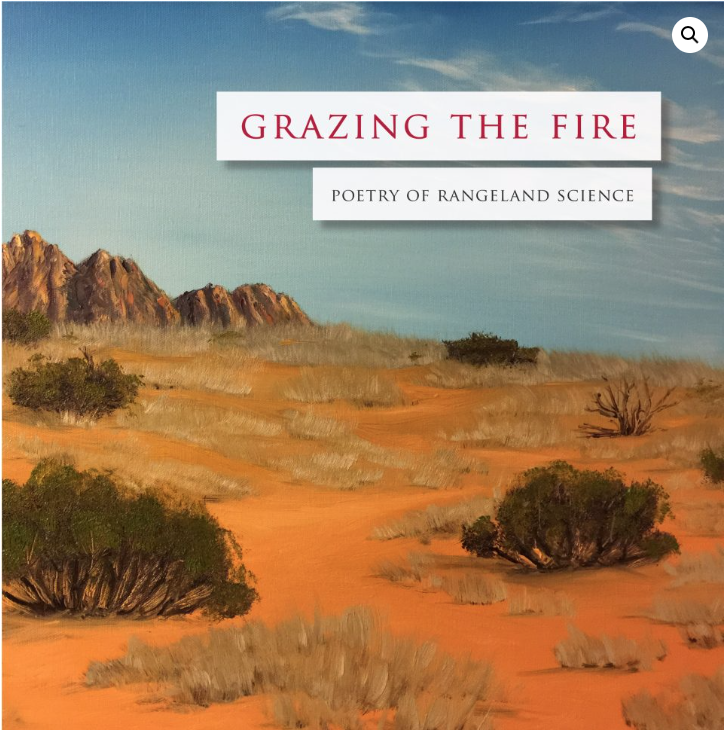|
Poets and artists included in the Grazing the Fire Poetry book have been invited to show their work and read during the "Sacrificial Lands" show at the Carnegie Center in Fort Collins, Colorado. Originally planned for April 11, 2020 the show and readings have been postponed to December 7 to 11, 2020 due to Corona Virus impacts in the U.S. I will be reading my poem "Can Old Ranchers Save the New West."
Additionally, the book is included in a spring 2020 course at Colorado State University on nature and science writing. It is the only poetry book included in the class. The book also received a positive review from Hannah McBride. This year, proceeds from sales of the poetry book along with a grant obtained by editor Maria Fernandez-Gimenez helped bring seven Native American students to the Society for Range Management Meeting held in Denver Colorado February 16-20. Proceeds from book sales continue to support the travel scholarship fund for indigenous, international, and low resource students to attend the annual meeting. Books can be purchased through Wolverine Press: www.wolverinefarm.org/product/grazing-the-fire-poetry-of-rangeland-science/
0 Comments
If you've spent time with livestock producers, you know that they probably watch the weather more closely than the TV weathermen and women do. For one thing, they're out in it everyday. For another, getting cattle through an unpredictable winter isn't a matter of last minute planning. Especially when many producers are at the start of their calving season right now.
First, cattle need to be in good body condition, which requires good nutrition and plenty of fresh water. If you've never had to go break ice off a water tank with a sledge hammer, or laid on blankets on the ground and used a blow torch to melt ice off the flow valve on a cement self waterer, you haven't truly experienced winter. You sure get good at figuring out your layers, and keeping hot drinks in thermoses, and stuffing hand warmers in your gloves. In cold regions like northern Colorado, cattle grow a longer hair coat for winter. They have thicker skin than we do, and sub-dermal fat, which also helps them thrive in literally freezing temperatures that would have us running for another layer or for the warm house. But it's also important to pay attention to the windchill factor, not just the temperature. So when you drive past farms and ranches and you see stacks of hay bales around pens or run-in shelters with a roof and three walls, these areas give cattle a chance to get out of the wind and warm up. If the temperature with windchill is creeping down below 19 degrees Fahrenheit, then there will need to be some changes to their diet to increase the energy available so they're not only maintaining their body condition, but also generating more body heat. It may seem impossible to believe that cattle are warm enough, but I've been amazed when I've worked with cattle in the cold and steam is coming up off their bodies. If you laid your hand on them, they're actually very hot, even if you're barely able to stay warm. In fact, when the weather swings the other way in the winter and you get a warm 60 degree sunny day, that can be hard on cattle and then they're way too hot. Maybe you've been to your grandma's house in the winter and she keeps the thermostat at 75 degrees and pretty soon you're sweating. Well you get the idea. And frozen ground, also known as "poor man's concrete," is better than mud. Mud makes cattle loose weight because it's hard to walk through and requires more energy than walking on frozen ground. If it gets on the hair coat, it can make cattle colder when the temperature drops again. You'll see pens get scraped out during a thaw, if it lasts long enough, or straw bedding added to keep cattle out of the mud. During calving season, the mommas are usually brought up to the barn or pens closer to the house because there will definitely be some late nights keeping watch for difficult labors and for first time moms who might need assistance. There are a lot of sacrifices made when raising cattle, delayed or skipped meals, sleepless nights, cancelled plans, etc. They're our responsibility and entrusted to our care. Someone always has an eye on them and their needs are being attended to all the time. That's why I don't worry about cattle in the winter. |





 RSS Feed
RSS Feed